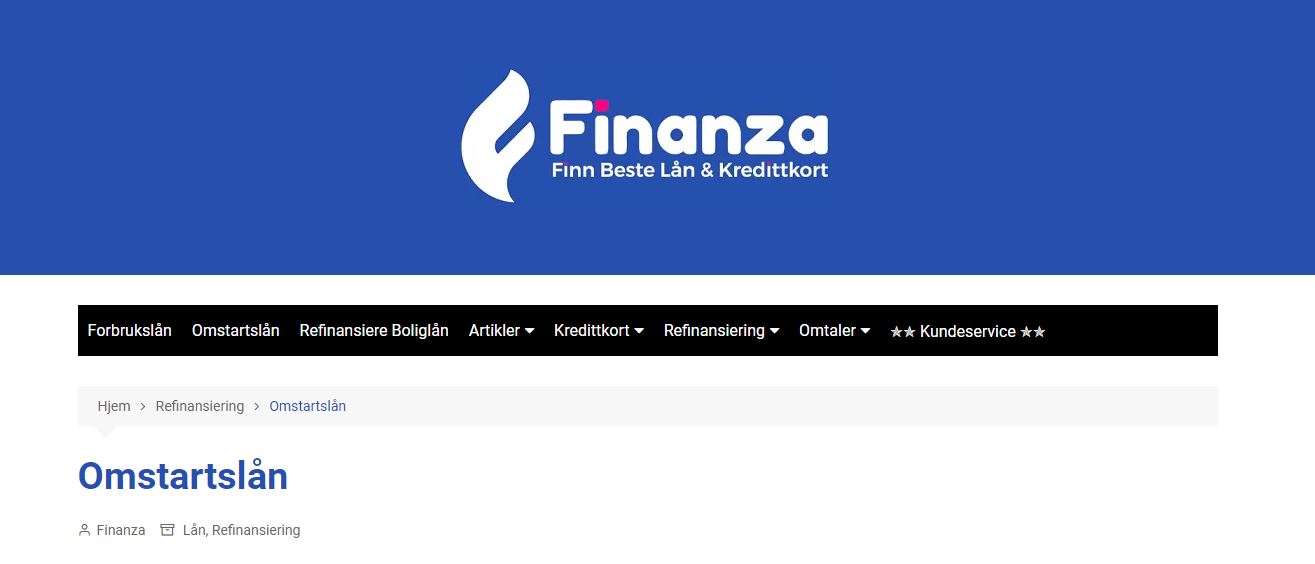When you are looking to take out a mortgage, there are several things you need to know about it. This includes what you can do with your current mortgage, how you can replace your current debt, and how you can access the equity in your home.
Whilst this article only covers the basics, you can talk to mortgage advisors and professional refinancing advisors who can advise you correctly. Every person’s circumstances are different, so its important that you seek professional advice about mortgages and refinancing. We recommend that you contact Finanza for more information about omstartslån and how to apply.
You can access the equity in your home
Using your home as collateral for a loan can be an attractive option for some people. Whether you’re looking to make repairs, pay off debt, or start a business, a home equity loan may be the way to go.
There are many ways to access the equity in your home, but if you’re in the market, be sure to explore your options. If you’re interested in leveraging your home, speak with a financial professional who can discuss the various ways to do so.
One of the most popular ways to get your hands on some of the home equity is through a home equity line of credit, or HELOC. This type of loan offers you the ability to borrow up to 80% of your home’s value. It allows you to use your home as collateral, but you will only pay interest on what you actually borrow. With this type of mortgage, you’ll have several repayment options, making it easy to choose one that works best for you.
Another type of home equity loan is the cash-out refinance. This option provides you with a lump sum of cash, which can be used to pay off high-interest debt, make home improvements, or just about anything else.
The key to a successful home-equity line of credit is to use the money wisely. If you take out a loan for a major project, make sure you understand all your options. For example, if you’re renovating your kitchen, be sure to check out the available interest rates. Also, don’t forget about the perks of a home equity line of credit, including the fact that it can be used for emergencies.
Homeowners often have a lot of equity in their homes, and they need to find ways to tap it. Home equity loans are a common way to do so, but they also come with their own drawbacks. Some lenders have minimum credit scores, which could keep you from getting the loan you want. You’ll need to provide the lender with proof of your assets and income. In addition, you may be required to submit recent tax returns.
If you have been in your home for several years, you might be able to leverage the value of your home through a refinance or a home equity line of credit. A refinance can be a good idea if your home’s value has been on the rise, while a line of credit can be useful if you are planning a major renovation or have other needs.
While the use of a home-equity loan or line of credit can be the most convenient way to access the home-equity you have, it’s always a good idea to shop around and compare loan options. Interest rates and terms vary greatly, so you’ll need to research each option to find the right one for your particular needs.
You can replace the debt on your current mortgage
Refinancing a mortgage is a process that allows you to replace the debt you currently have on your current mortgage with a new mortgage loan. It is a way to get a lower interest rate, lower your monthly payments, or even to change the term of your loan. This can be a good idea, especially if you have a high interest rate on your current mortgage.
Before you decide to refinance, it is important to calculate how long it will take you to recoup the costs. It is also a good idea to make sure you have enough equity in your home to cover the new debt you will incur. If you can’t afford the new debt, you shouldn’t refinance.
Typically, the costs associated with refinancing can be higher than the savings. You should always shop around and look for the best rates and terms.
Many borrowers use cash-out refinancing to fund home improvements. Others use the cash to pay off high-interest credit card debt. But refinancing too soon can increase your debt and lead to credit problems. The lender will evaluate your debt, your credit score, and other assets.
If you are considering refinancing your mortgage, it is crucial that you have a plan and a good reason to do it. Your plan should include setting a goal to pay off your debt in a timely manner. In addition, you should make sure you have a high credit score. A high credit score helps you qualify for the lowest interest rates.
Another reason people refinance is to switch from an adjustable rate mortgage (ARM) to a fixed rate mortgage. An ARM can be a good choice if you want to lower your monthly payments, but a fixed rate will allow you to keep your interest rate stable.
While there are some drawbacks to refinancing, it can be a great way to get a new loan with better terms than you had on your existing mortgage. For example, a 15-year mortgage can save you money and give you the chance to build up your home’s value. However, this is only a viable option for those with a large amount of equity.
When refinancing a mortgage, it is important to choose a loan with a low interest rate. Historically, a rule of thumb is to reduce your interest by at least two percentage points.
Some lenders require you to pay a prepayment penalty if you pay off your loan early. It is a good idea to compare the cost of the prepayment penalty with the savings you will realize from refinancing.
Refinancing is a big decision. Make sure that you are prepared for the process, which can be a long and complicated one. Depending on your situation, you may be able to refinance your home right now.
You can access the debt on your current mortgage
If you are interested in leveraging the equity in your home, you have several options. You can either get a home equity line of credit or refinance your existing mortgage. The former will allow you to borrow against the equity in your home, while the latter will allow you to make additional payments on your existing mortgage. While using your home equity to pay off high interest debt might be the smartest move you can make, it can also be a risky one.
In order to get the most out of your home’s equity, you need to know what you are getting into before you start shopping around for a new loan. There are plenty of pitfalls that can befall you if you aren’t careful. For example, the use of a home equity line of credit to pay off a high-interest credit card is a good idea, but you will need to be disciplined about your spending to take advantage of this benefit. It is also important to compare the terms and fees of each offer before you sign on the dotted line.
When it comes to using your home to fund your debt consolidation plans, you might be surprised at the amount of information you can find. This includes comparing interest rates and fees on multiple offers, as well as the best ways to use your current mortgage to lower your overall payment. Refinancing your mortgage is a big decision, so make sure you are in a stable financial position before signing on the dotted line.
While the mortgage itself is a huge undertaking, the benefits of refinancing can outweigh the downsides. By securing a lower rate, you can significantly reduce your monthly payment and free up cash to meet other pressing needs. On top of that, many lenders now offer lower interest rates, making refinancing a much more attractive option for consumers. Additionally, the cost of a loan with a low interest rate is usually less than a credit card.
The best way to decide whether or not refinancing is right for you is to evaluate your current situation, including your financial situation and your goals. Some people choose to refinance because they need a larger loan to make a large purchase, while others use the money to pay off old high-interest debt. No matter what the reason is, it is important to know what you are getting into before you make the move.
While the use of your home’s equity to finance your home improvement projects may sound like a good idea, you need to be aware that a loan against your home’s value can trap you in a cycle of debt. This is not the best use of your hard-earned money, but you should use it for large one-time expenses, such as a car repair or medical bills.



